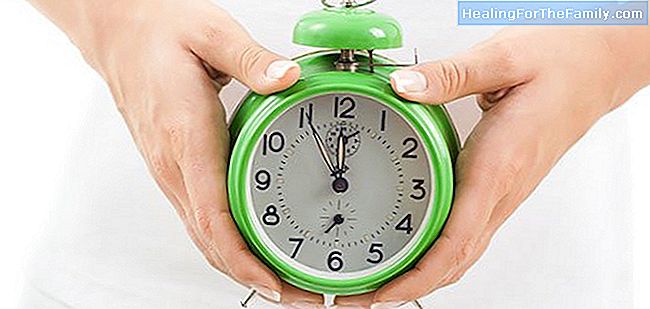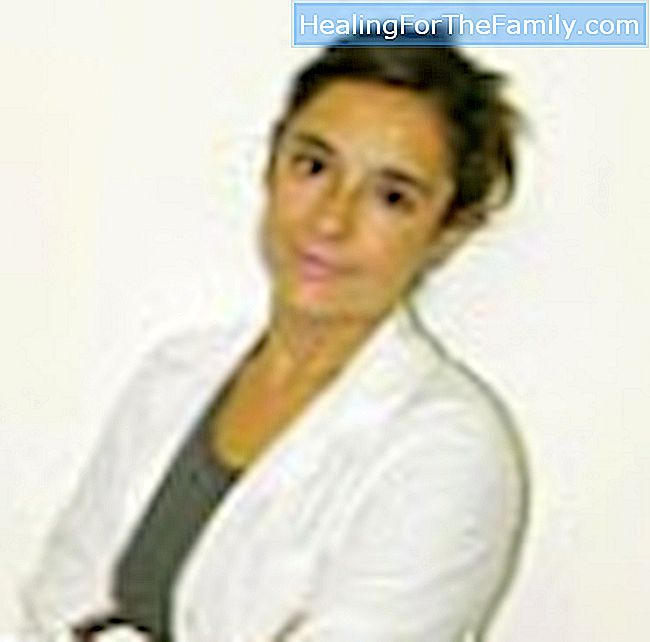The biological clock of women
They say that there is a moment in the life of every woman in which you want to have offspring. Any day that we imagine ourselves as mothers: we see pregnant everywhere, we drool when a baby on the bus smiles, or we discover sneaking newborn clothes or looking through a maternity magazine in the wai
They say that there is a moment in the life of every woman in which you want to have offspring. Any day that we imagine ourselves as mothers: we see pregnant everywhere, we drool when a baby on the bus smiles, or we discover sneaking newborn clothes or looking through a maternity magazine in the waiting room of the dentist: this is what they call biological clock.
Is there a biological clock in women?

In our society, women postpone motherhood more and more, because we have assumed more social commitments, we have fully incorporated into the working world, we study, we become independent. And we value stability very much before deciding to be mothers: job stability (difficult in these times), emotional or couple stability, having a house ....
Currently in Spain the average age to have children of women is 32 years a, even though the woman physiologically has a fertility peak around 25 years of age; and it is from the age of 35 when it decreases and the risks in pregnancy derived from maternal age increase.We can think that a 20-year-old woman is not psychologically prepared to have a baby, and the responsibility that comes with her birth. Or we can think that a 38-year-old mother will not have the same physical energy, nor the same patience to live the baby's first years, or that she will be much older when her son is a teenager.
Despite the increase in some risks associated with the age of the mother, it is important to remember that the vast majority of babies are born healthy and, with the exception of chromosomal abnormalities, studies indicate that
the risk of congenital malformations in babies born of mature mothers is not greater than for the children of younger moms .Due to the delay in the decision to be parents, the consultations to the centers of assisted reproduction may have increased, in order to solve fertility problems partly due to the age of the women.
That is why we say that in the decision to have children sooner or later
have little to do with hormones sino, but the particularity of each woman, what we put in our balance to weigh the pros and cons of our motherhood in a certain moment of our life. Sara Cañamero de LeónMatrona













